Mar 28, 2022 | NEWS
The key to resilience is based on how you are able to recharge your energy, not how you endure situations.
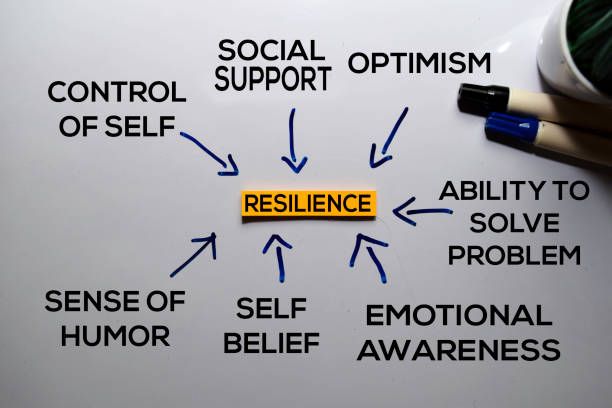
If we take the simile of a boxing match, it would be to know how to dodge the opponent's blows and strike next, it is not about continuously withstanding the blows and hold on until the end, that is not resilience, it is something else, and it only leads to failure. Overwork and exhaustion are the opposite of resilience.
Today, we live in a society where information and communication technologies allow us to work from anywhere and at any time, but is this really productive? Are there other factors that influence work productivity?
One of the concepts that we tend to leave aside and that is considered key to doing a good job is resilience. Most of the time the problem stems from the fact that we don't fully understand what resilience means and the resulting impact of overwork.
The lack of a recovery period in our day-to-day lives holds back our ability to be resilient and successful. Today, it is important to highlight the reality of how technology extends our work hours and therefore interferes with the necessary cognitive recovery, resulting in huge health care costs and turnover costs for employers. The idea that the more hours we work the more productive we will be is an overly widespread misconception.
Stopping is not synonymous with recovery or resilience since, for this we need internal and external recovery periods;
Internal, short relaxation breaks within the workday or work environment, shifting attention or switching to other work tasks.
External, these refer to actions that take place outside of work, for example, in the free time between workdays and during weekends or vacations. In relation to these recovery periods, it is worth noting homeostasis as a fundamental biological concept describing the brain's ability to continuously restore and maintain well-being, closely intertwined with the achievement of resilience.
Recent research published in the Harvard Business Review, states that there is a direct correlation between lack of recovery and increased incidence of health and safety problems. And lack of recovery, whether it's interrupting sleep with thoughts of work or having cognitive arousal by continuing to look at our phones, is costing our companies $62 billion a year in lost productivity.
In a study published by researchers in Norway, they found that 7.8% of Norwegians have become workaholics, that is, being overly preoccupied with work and investing so much time and effort in working that it impairs other relevant areas of life.
In addition, there are times when we sacrifice sleep to try to be more productive, but ironically our loss of sleep, despite the extra hours we spend at work, adds up to 11 days of lost productivity per year per worker, or about $2,280 annually.
Some suggestions for monitoring periods of work addiction and break from work can be apps like Instant or Moment to, for example, see how many times you turn on your phone each day. The average person turns on their phone 150 times a day. If each distraction took only 1 minute, that would represent 2.5 hours of each day.
After learning more about what resilience is and how it can affect the way we work and socialize, at DLQ we aim to work in line with a philosophy that considers recovery periods at work as paramount, thus increasing productivity and the likelihood of promotion within the company. Through the Digital Kit Program funded by the Ministry of Economic Affairs and Digital Transformation, DLQ provides your company with digitalization solutions from the hand of resilient experts who are committed to continuous innovation, who take failure as part of the learning process and who lead companies to reach their highest potential, in a joyful, resilient and optimistic way. With a culture that introduces tools that enhance teamwork, disruption and digitization of our small businesses and freelancers.
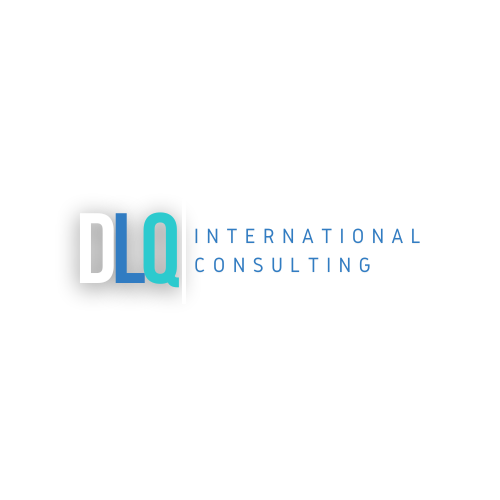
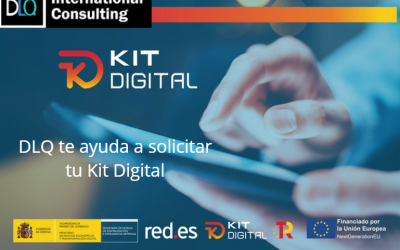
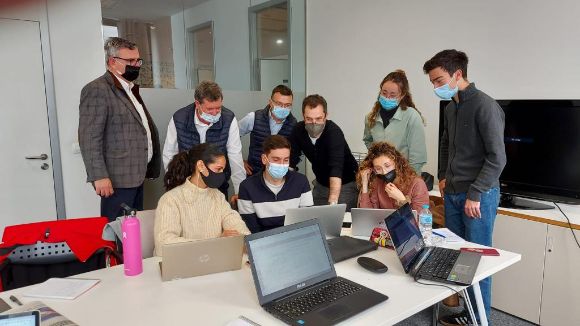
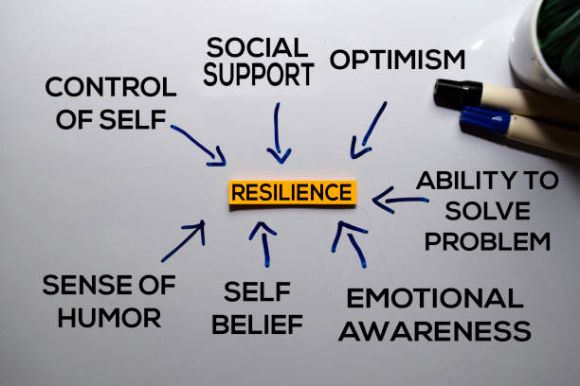
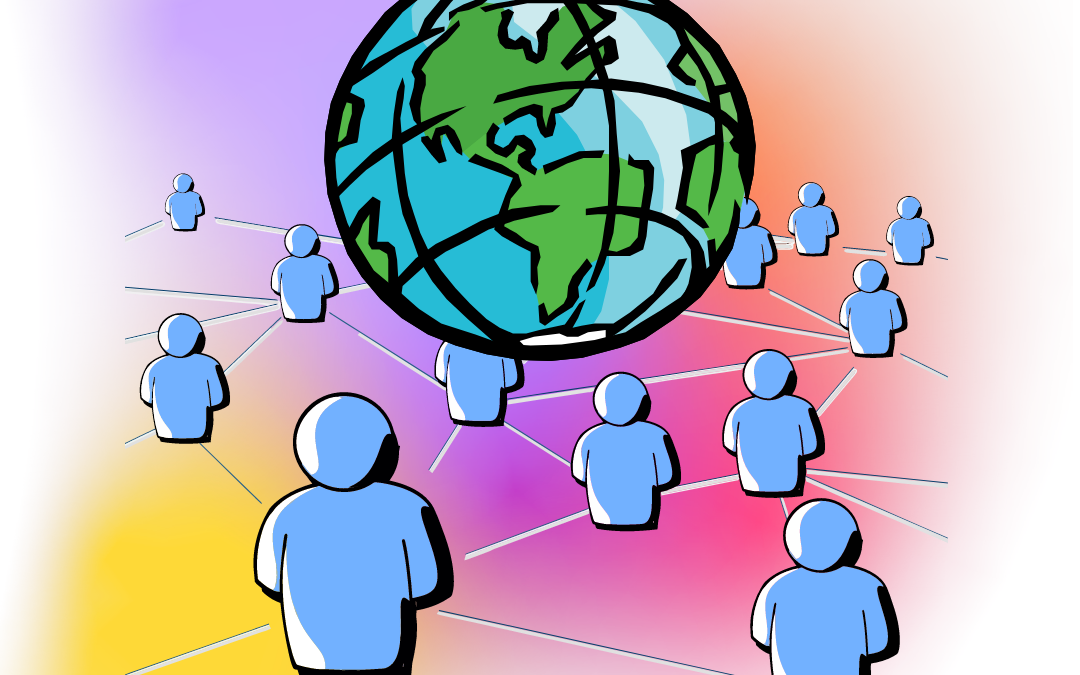






 .
.